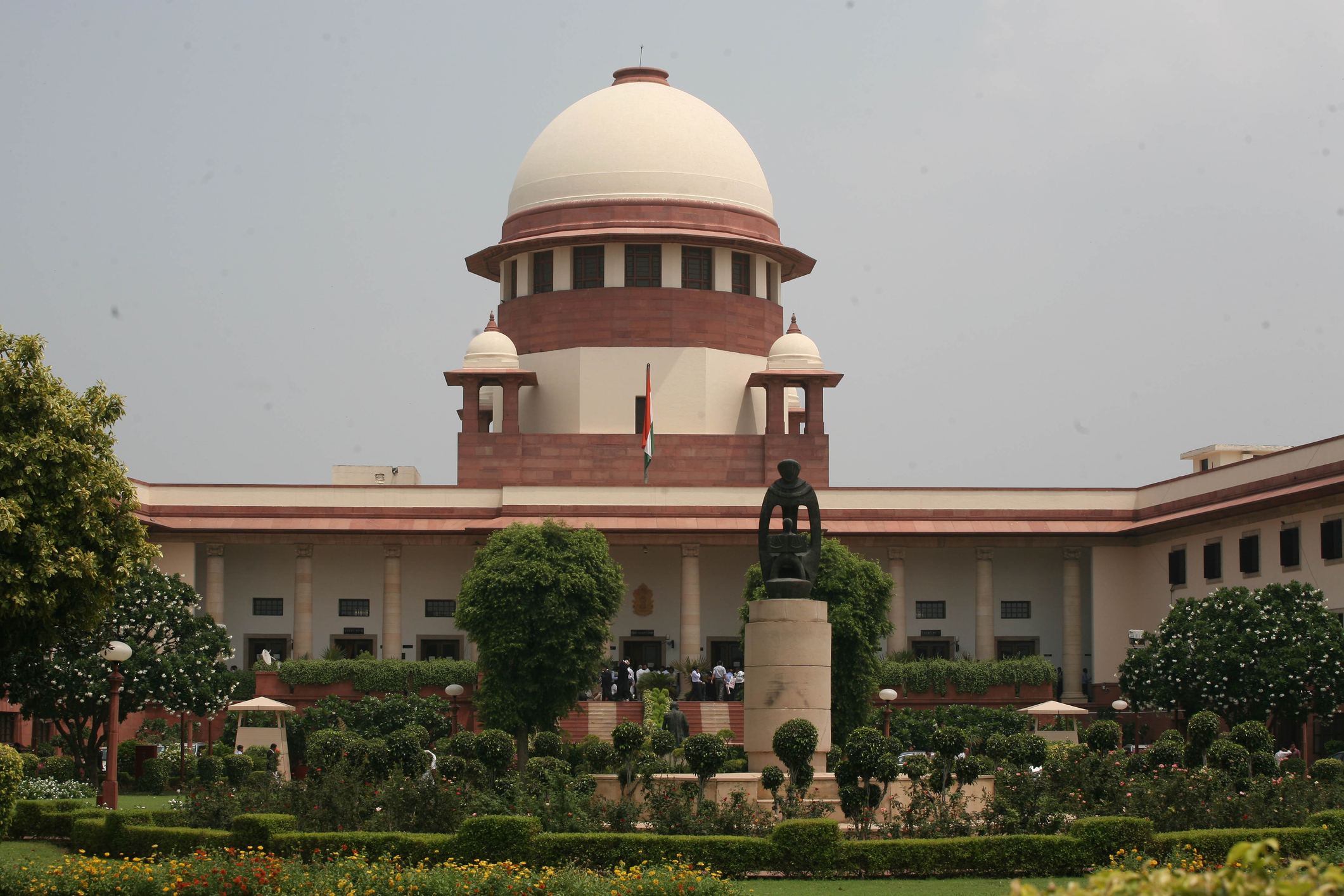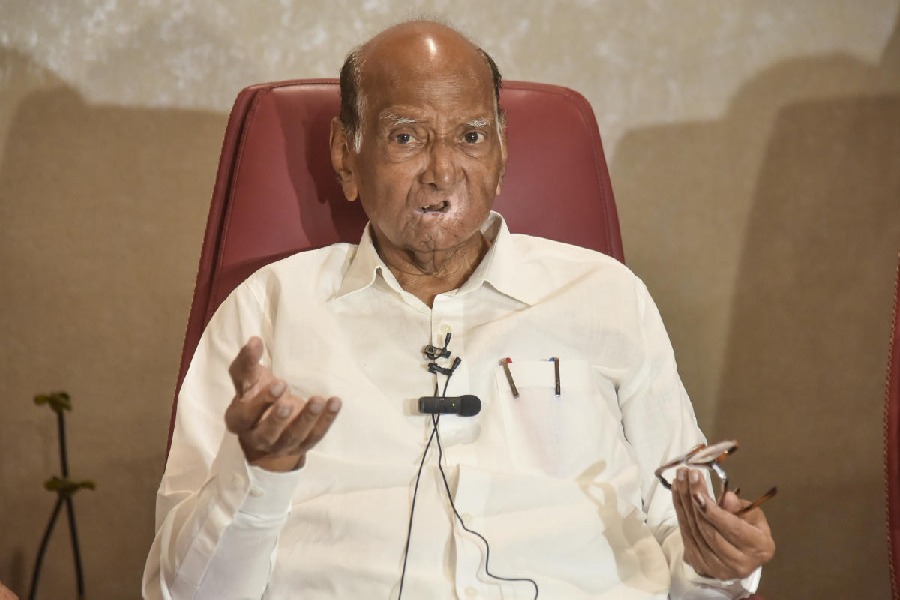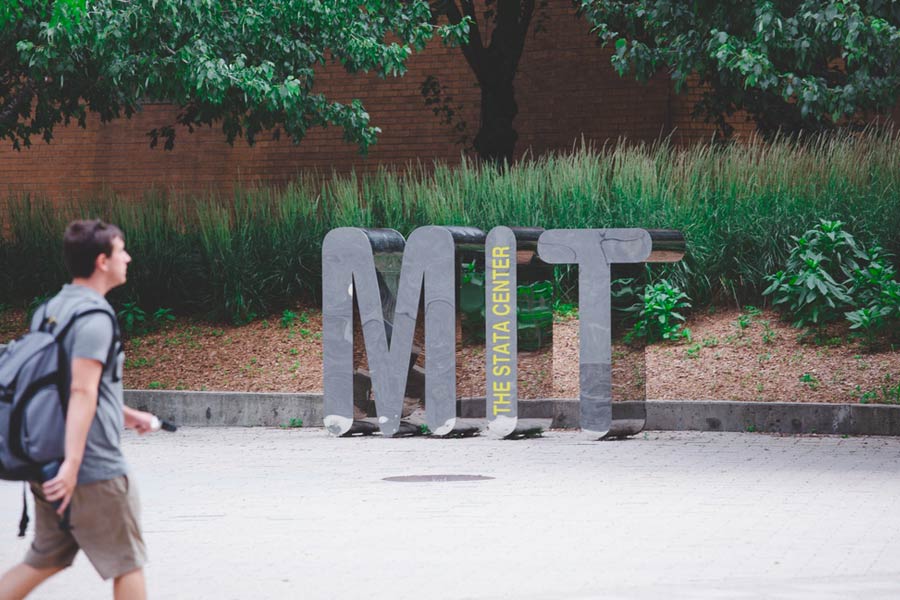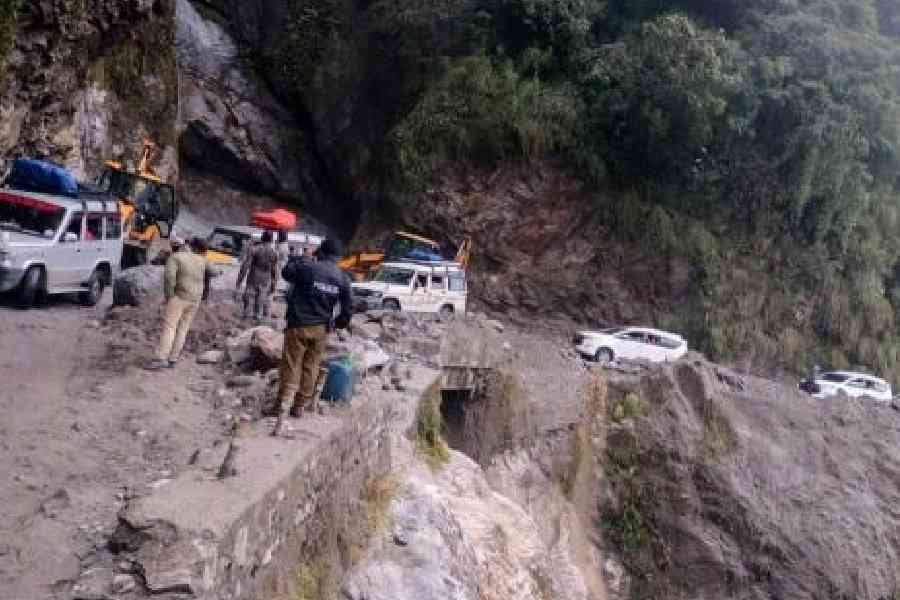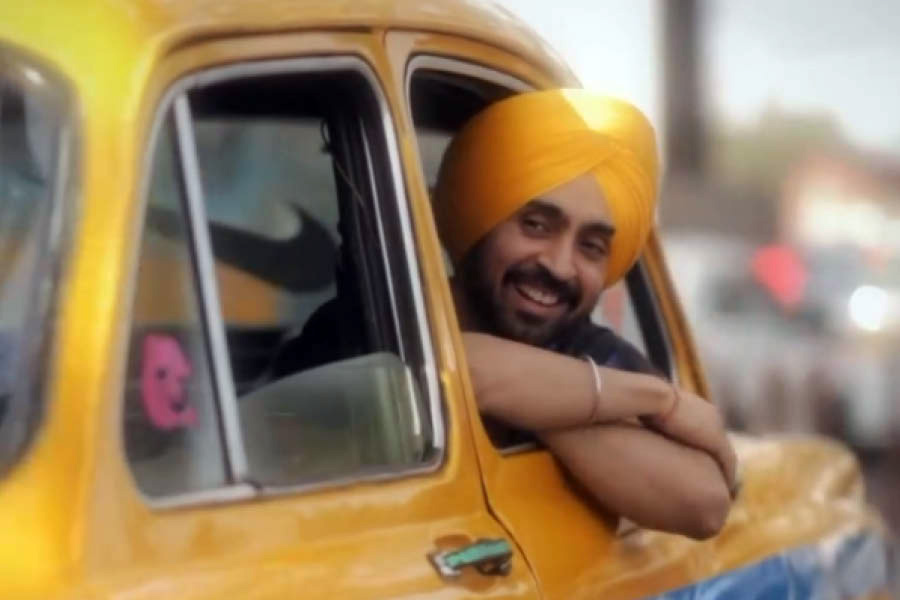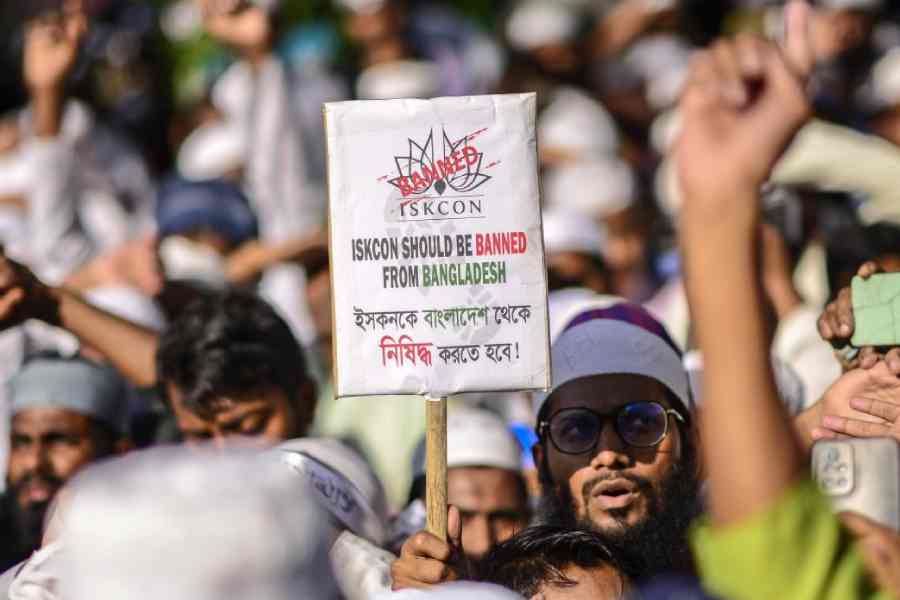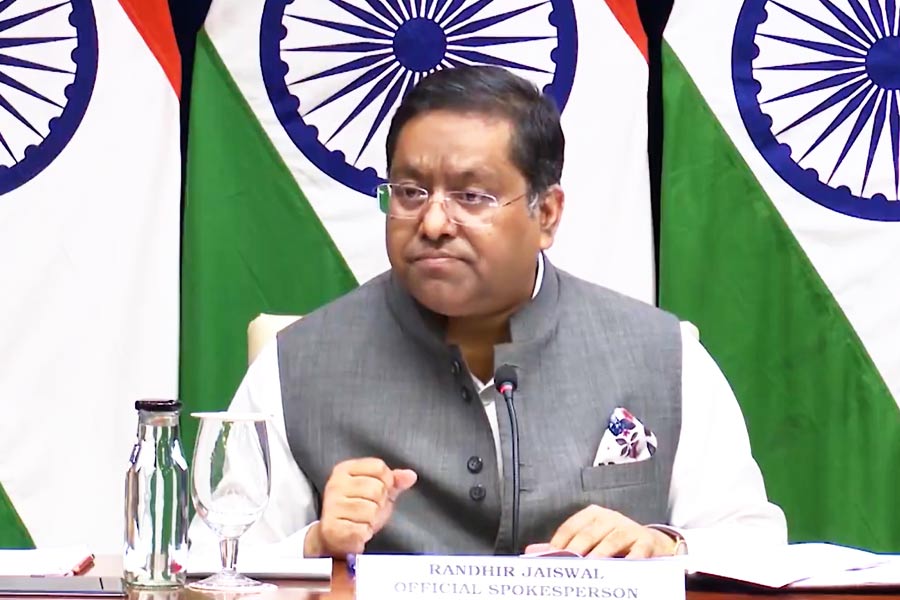The Supreme Court on Thursday said the judiciary could not be destroyed in the name of transparency though it was not averse to the system being more open but wondered where the “dividing line” should be drawn.
“Let’s accept it, nobody is for a system of opaqueness. But the question is where do we draw the dividing line?” Chief Justice of India (CJI) Ranjan Gogoi told advocate Prashant Bhushan as the five-judge bench dealt with an appeal filed by the top court’s registry.
“You must understand that in the name of transparency we can’t destroy the entire institution.”
The court’s registry has challenged a 2010 Delhi High Court judgment that even the top court was under an obligation under the Right to Information Act to disclose information on assets of judges and their appointments.
When the matter had come up in August 2017, a three-judge bench of Justices Gogoi, P.C. Pant and A.M. Khanwilkar had referred it to a five-judge constitution bench, which has taken up the appeal now.
Bhushan, who appeared for RTI activist S.C. Agarwal, said the top court had set the benchmark for transparency in public life by directing contestants in elections to disclose details of assets and criminal antecedents, if any.
The judiciary, he argued, should apply the same yardstick of transparency to itself. Such disclosures, on matters like assets of judges, the process of appointment and reasons for rejection, he said, would “certainly enhance public confidence” in the judiciary.
“The question, eventually, is where do we draw a line and trust people,” Justice Gogoi remarked. “There is no quarrel over having probity in public life or transparency in government functioning.”
The CJI then pointed out that over the past two years the court’s collegium has on its own been putting on the court’s website resolutions it had adopted for rejecting and selecting judges for the top court and the high courts.
Bhushan said people should also have the right to know under the RTI Act why a judge had been appointed while another had been rejected. The judiciary, he said, has the obligation to disclose such information since judges were discharging public duties that are not fiduciary in nature.
The counsel pointed out that a fiduciary relationship existed between a doctor and a patient and an advocate and a client and such relationships enjoyed immunity from disclosure of information, but no such privilege was available to judges.
Justice Gogoi cited the case of a district judge who was found unfit for elevation to the high court and denied the additional tenure of two years that every district judge is entitled to. “He was made to retire at 58 itself while his colleagues continued to serve. So where to draw a line,” the CJI said, without naming the judge.
Bhushan countered the argument, citing the example of a lawyer from Allahabad who was twice recommended by the collegium for the post of a judge in the high court although the government had returned the file twice.
“However, the third time the collegium recalled the advocate’s name. Isn’t the public entitled to know the reason why he was denied appointment,” Bhushan asked.
The CJI said such cases were isolated instances, not the norm.
Justice D.Y. Chandrachud, another judge on the bench that also included Justices N.V. Ramana, Deepak Gupta and Sanjiv Khanna, said a person whose name has been rejected might not want the information disclosed. Justice Gupta agreed, saying such candidates too had the right to privacy.
Justice Gogoi told Bhushan he appeared to mistrust every institution, including the judiciary. “There will always be another perspective,” he said. “You need to trust somebody.”
The bench later reserved its verdict.

